ANI vs OpenAI: India’s copyright act is outdated. Can it deal with new legal conundrums?

Join our WhatsApp Community to receive travel deals, free stays, and special offers!
- Join Now -
Join our WhatsApp Community to receive travel deals, free stays, and special offers!
- Join Now -

Last month, a group of digital news publishers in India sought to join a case filed by news agency ANI in the Delhi High Court accusing the US firm OpenAI of misusing material to which they own the copyright.
They contend that OpenAI’s ChatGPT – an artificial intelligence-powered “bot” that responds to user queries – has built its database illegally using text and visual material owned by them.
They also claim that the responses generated by ChatGPT are similar to their works but fails to attribute the source or misattributes it.
OpenAI, however, told the court that it only uses “publicly available data”.
This case in India echoes suits filed by publishers and media organisations around the world, accusing technology companies of violating copyright law to create AI products.
In India, OpenAI faces a major hurdle. India’s Copyright Act of 1957 and related jurisprudence favours the rights of authors and creators and was not designed to deal with the challenges posed by this emerging technology.
With India trying to pitch itself as a leader in AI, the single judge’s decision in the ANI case could have far-reaching policy ramifications. Requiring companies to obtain licences to access material on which AI models are trained may slow the development of the new technology. But allowing...
What's Your Reaction?
 Like
0
Like
0
 Dislike
0
Dislike
0
 Love
0
Love
0
 Funny
0
Funny
0
 Angry
0
Angry
0
 Sad
0
Sad
0
 Wow
0
Wow
0













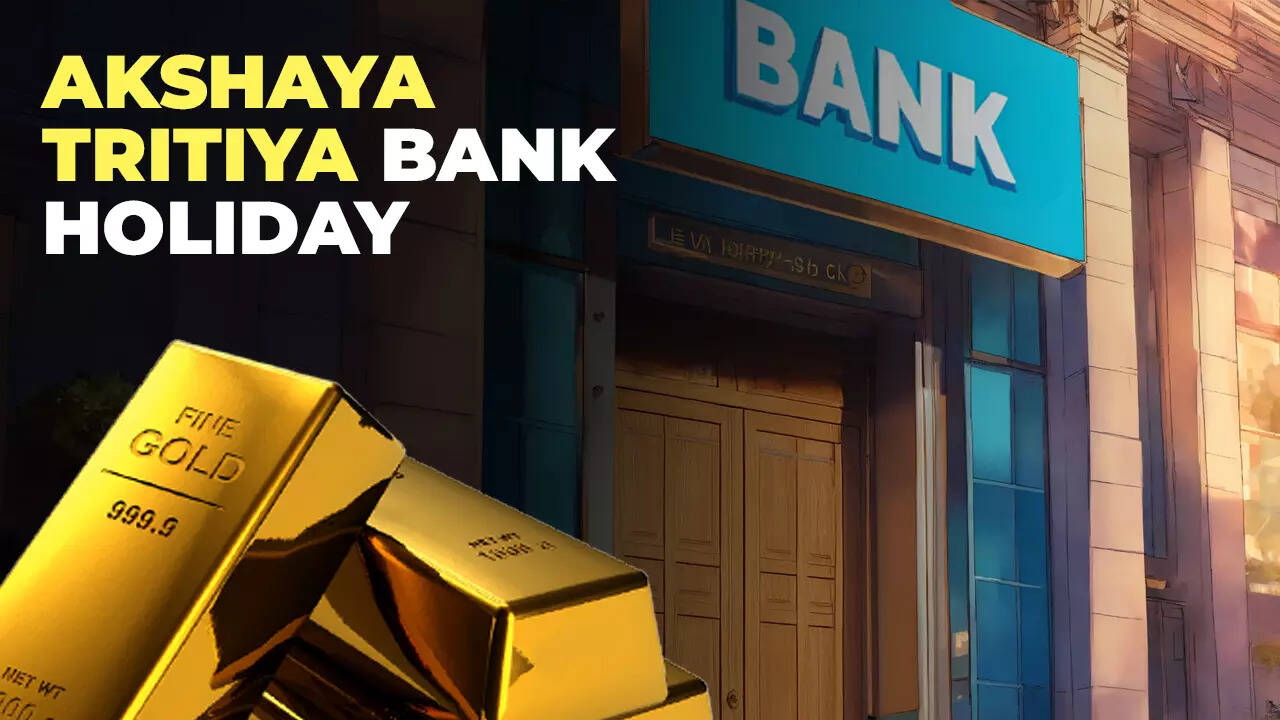


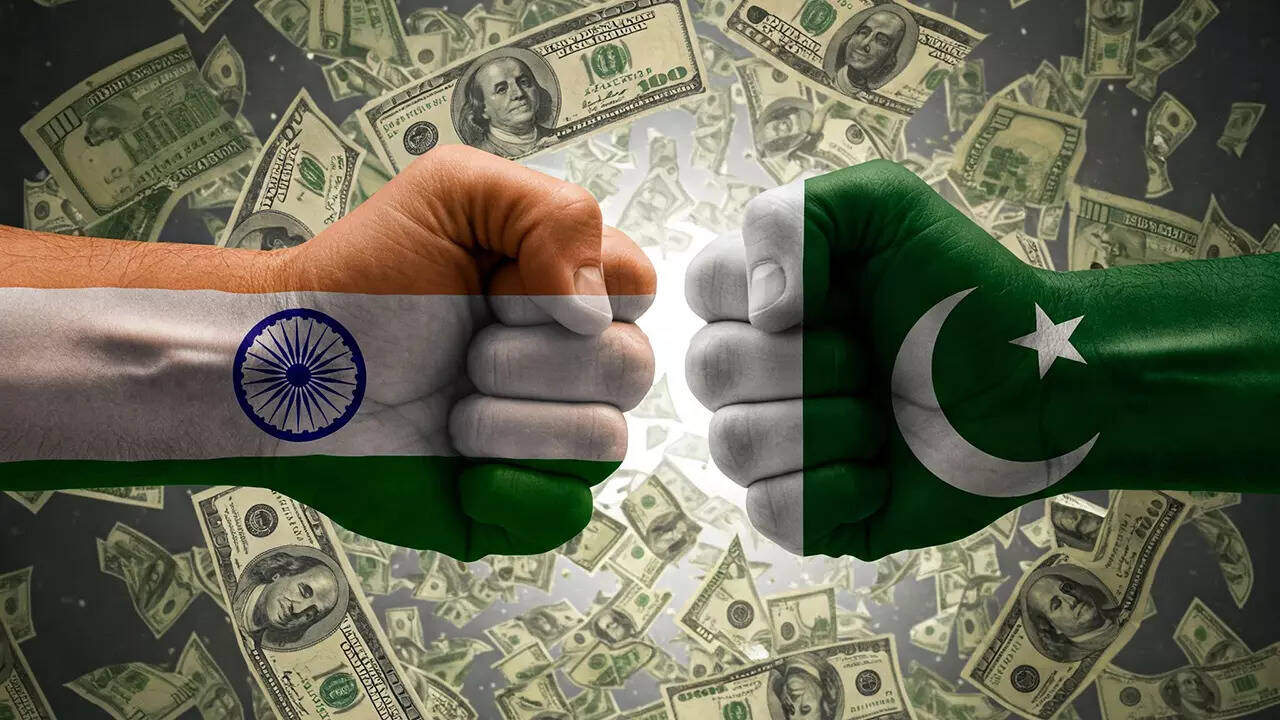











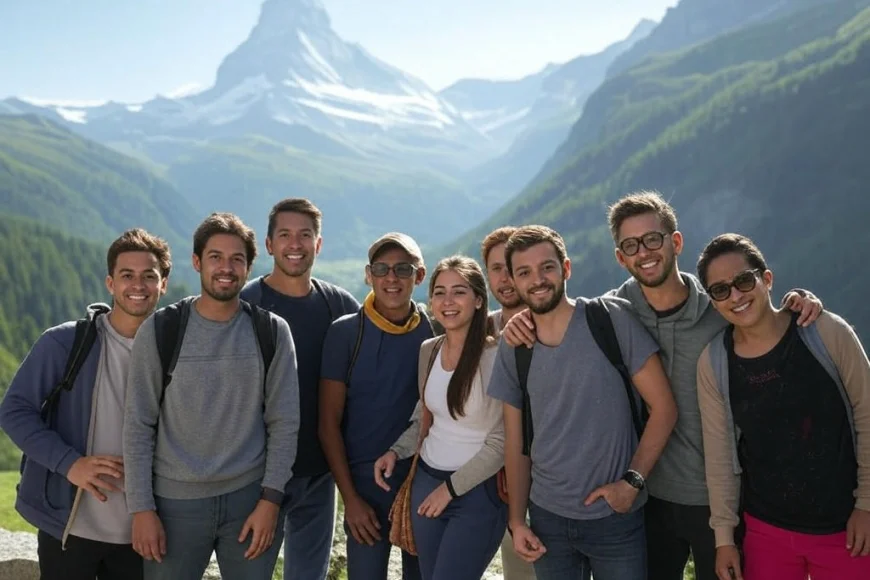

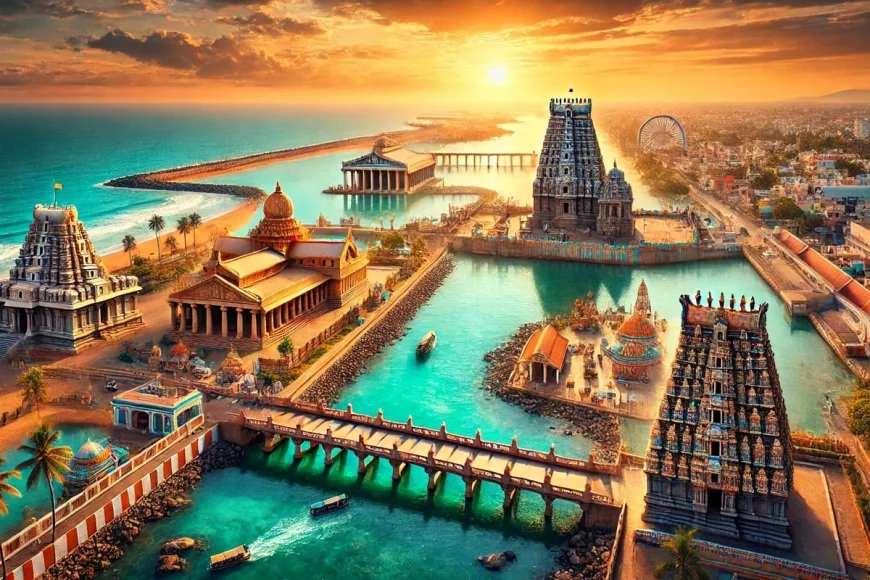



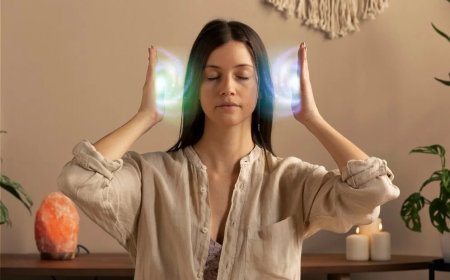


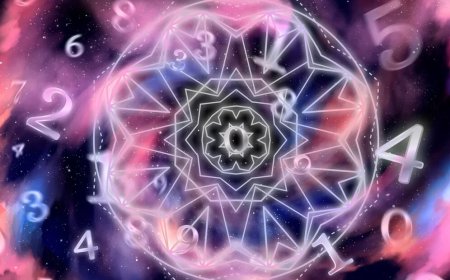


![Today's hottest deals - Kinsley Iron Blue Desk Pot at just Rs.49 [MRP ₹299]](https://savefree.in/uploads/images/202504/image_870x580_680c89dae6fdb.webp?#)















